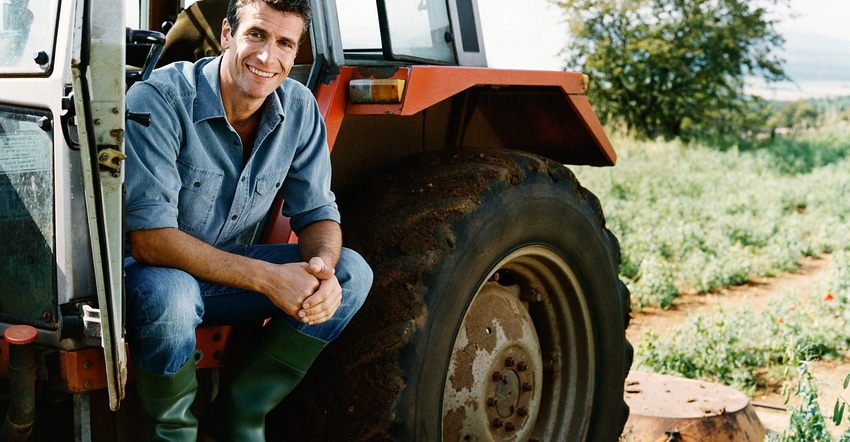December 5, 2017

By Troy Schneider
A popular country music song was released a couple of years ago by Tim McGraw titled “Humble and Kind.” If you have never heard it, I urge you to go to the internet and listen to it. Several of my favorite lyrics from that song are the following:
Hold the door, say please, say thank you,
Don’t steal, don’t cheat, and don’t lie,
I know you got mountains to climb but
Always stay humble and kind.
When the dreams you’re dreamin’ come to you,
When the work you put in is realized,
Let yourself feel the pride but
Always stay humble and kind.
You may be wondering what this song has to do with farm business planning. Well, running a farm with either family members or outside third parties takes both courage and leadership. In her article “Neohumility/Humility and Business Leadership: Do They Belong Together?” professor Pareena Lawrence examines the commonly accepted and newly emerging ideas of effective leadership, and specifically, the quality of “humility.”
Lawrence discusses a new view of humility called “neohumility,” which is humility without weakness and transformed to fit the business world. Lawrence characterizes neohumility as self-awareness, valuing others’ opinions, willingness to learn and change, sharing power, having the ability to hear the truth and admit mistakes, and working to create a culture of openness where dissent is encouraged in an environment of mutual trust and respect.
Lawrence notes that leadership values are the beliefs and standards that drive an individual. A credible leader is aware of his or her values, and those values serve as a guide or moral compass in his or her decision-making. Lawrence says leadership values only matter if the leader translates those values into action. A leader saying he or she stands for one thing and then doing the other only leads to hypocrisy.
3 dimensions
Lawrence, quoting an article by Morris from 2005, describes humility as having three distinct dimensions.
• Self-awareness is the ability to understand one’s strengths and weaknesses, getting real and staying real, not believing your own hype, and the ability to recognize and admit one’s mistakes.
• Openness is recognizing one’s limitations, being open to new ideas and knowledge, willingness to listen and learn from others, and having the ability to change. Being open means to encourage dissent and value truth over cover-ups, and being willing to ask for and utilize the help of others.
• Transcendence is the acceptance of greater than the self. This leads one away from self-aggrandizement and self-benefiting behavior toward valuing and appreciating others and their opinions and ideas in the organization.
This concept of humility and leadership is awkward and likely uncomfortable for most of you reading this article. Normally, when you hear the word humility in the business setting, it means the person is weak, lacks confidence or is a pushover. However, an effective leader can balance strength and humility. In his book “The One Minute Manager,” Ken Blanchard states: “People with humility do not think less of themselves, they just think of themselves less.”
The concept of humility and leadership is particularly relevant in the farm succession planning area. Often, farm succession planning involves conflicting pressures of equality, fairness and harmony. Farm successors are at times impatient to gain control, and farm parents can be reluctant to hand over the reins. The development of humility can help cut through the walls of family members’ egos and help them overcome conflicts with one another.
Developing humility is no easy task. Some of my personal failures as a spouse, family member and business partner have been when I failed to embrace humility in my character. As I reflect on my past actions and behaviors, my own lack of humility has affected the person or persons I care most about.
Hopefully, the new year will provide each of us the opportunity to become a little more humble and kind.
Schneider is a partner in the Chilton, Wis., ag law firm Twohig, Reitbrock, Schneider and Halbach S.C. Call him at 920-849-4999.
You May Also Like




